
This open book explores the transformative experiences of participants in the University of Sydney's National Centre for Cultural Competence (NCCC) programs. The establishment of the NCCC was viewed as a critical point of departure for developing an institution-wide agenda of cultural competence. The NCCC's work since its inception reflec...
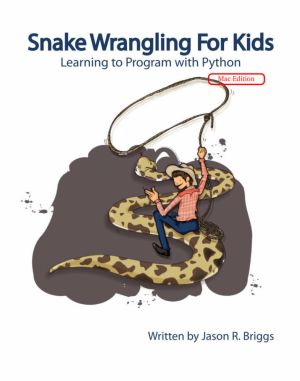
Python for Kids is a lighthearted introduction to the Python language and to programming in general, complete with illustrations and kid-friendly examples. We begin with the basics of how to install Python and write simple commands. In bite-sized chapters, you'll discover the essentials of Python, including how to use Python's extensive s...
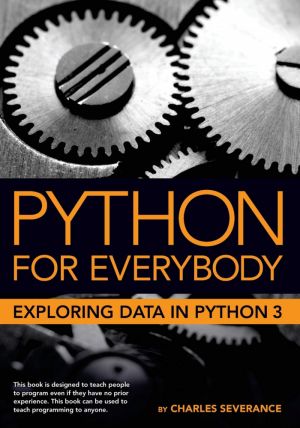
Python for Everybody is designed to introduce students to programming and software development through the lens of exploring data. You can think of the Python programming language as your tool to solve data problems that are beyond the capability of a spreadsheet. Python is an easy to use and easy to learn programming language that is freely availa...
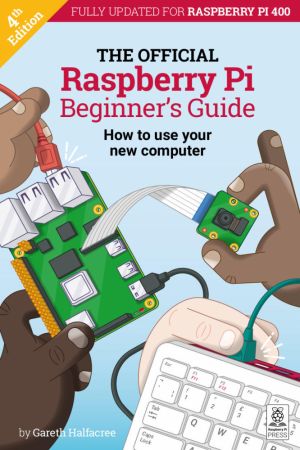
Fully updated for Raspberry Pi 400, Raspberry Pi 4, and the latest software, this 252-page official Raspberry Pi book is crammed with projects and beginner's guides containing all the information you need to get started using your new computer!
Learn how to set up your Raspberry Pi, install an operating system, and start using it. Follow st...
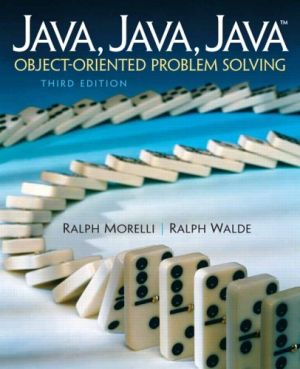
Functional and flexible, this guide takes an objects-first approach to Java programming and problem using games and puzzles. Offers independent introductions to both a command-line interface and a graphical user interface (GUI). Features coverage of Unified Modeling Language (UML), the industry-standard, object-oriented design tool. Illustrates key...
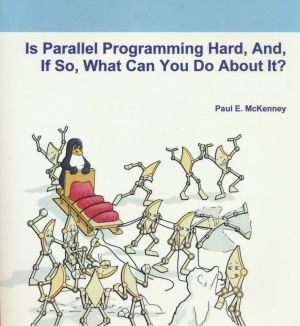
The purpose of this book is to help you program shared-memory parallel systems without risking your sanity. Nevertheless, you should think of the information in this book as a foundation on which to build, rather than as a completed cathedral. Your mission, if you choose to accept, is to help make further progress in the exciting field of parallel ...
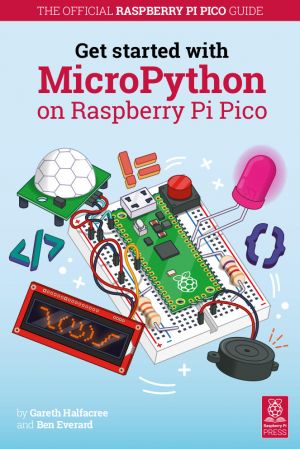
Raspberry Pi Pico is a new low-cost, high-performance microcontroller board with flexible digital interfaces. Microcontrollers are computers stripped back to their bare essentials. You don't use monitors or keyboards, but program them to take their input from, and send their output to the input/output pins. Using these programmable connections...
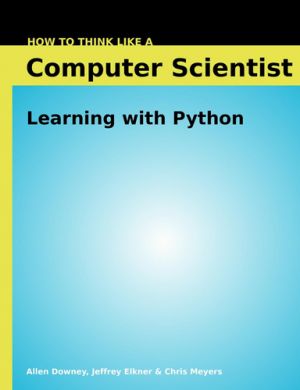
How to Think Like a Computer Scientist: Learning with Python - is an introduction to computer science using the Python programming language. It covers the basics of computer programming, including variables and values, functions, conditionals and control flow, program development and debugging. Later chapters cover basic algorithms and data structu...
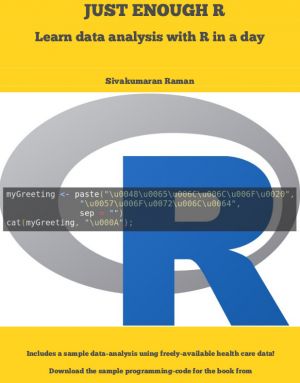
If your job involves working with data in any manner, you cannot afford to ignore the R revolution! If your domain is called data analysis, analytics, informatics, data science, reporting, business intelligence, data management, big data, or visualization, you just have to learn R as this programming language is a game-changing sledgehammer.
How...
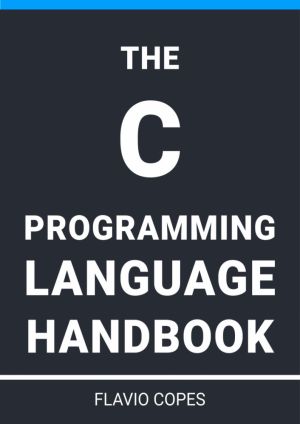
C is a general-purpose, procedural computer programming language supporting structured programming, lexical variable scope, and recursion, with a static type system.
The C Programming Language Handbook follows the 80/20 rule: learn in 20% of the time the 80% of a topic. In particular, the goal is to get you up to speed quickly with C....

This book integrates the vital areas of object-orientation, functional programming, design patterns, and language design. The most important concepts from functional programming are captured with six design patterns: FUNCTION OBJECTS (Black-box behaviour parameterisation) LAZY OBJECTS (Evaluation-by-need semantics) VALUE OBJECTS (Immutable values) ...
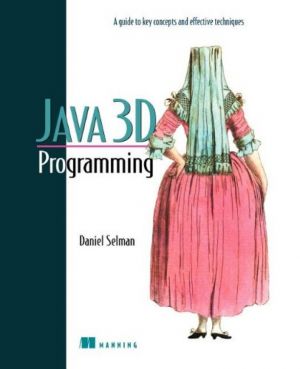
Java 3D Programming steps programmers through the important design and implementation phases of developing a successful Java 3D application. The book provides invaluable guidance on whether to use Java 3D, user interface design, geometry creation, scene manipulation and final optimizations. The book does not attempt to exhaustively cover the API or...

This book provides novel and in-depth perspectives on evaluating environment and sustainability issues in developing countries. Evaluating Environment in International Development focuses on the approaches and experiences of leading international organizations, not-for-profits, and multilateral and bilateral aid agencies to illustrate how systemati...

Teaching in the University: Learning from Graduate Students and Early Career Faculty provides insight and strategies for successful teaching, advising, and mentoring postsecondary students. In particular, the authors offer support and encouragement for implementing student-centered teaching practices relevant to college classrooms. This book is des...
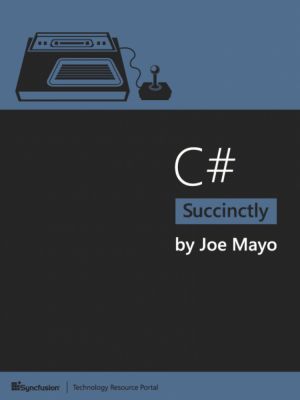
C# is a general purpose, object-oriented, component-based programming language. As a general purpose language, there are a number of ways to apply C# to accomplish many different tasks. You can build web applications with ASP.NET, desktop applications with Windows Presentation Foundation, or build mobile applications for Windows Phone. Other applic...

Spring Data's mission is to provide a familiar and consistent, Spring-based programming model for data access while still retaining the special traits of the underlying data store.
It makes it easy to use data access technologies, relational and non-relational databases, map-reduce frameworks, and cloud-based data services. This is an umbre...
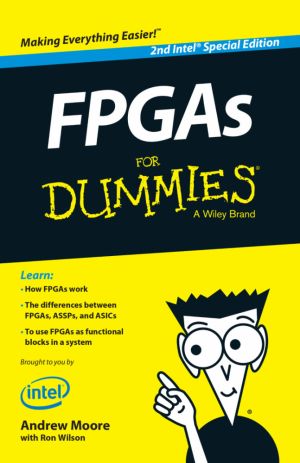
Field programmable gate arrays (FPGAs) are integrated circuits that enable designers to program customized digital logic in the field. FPGAs have been around since the 1980s and were originally conceived to give all design teams the ability to create custom logic. In the early days, using an FPGA in your design meant you had to do a lot of programm...

The GNU Debugger allows you to see what is going on "inside" a program while it executes - or what a program was doing at the moment it crashed. GDB supports C, C++, Java, Fortran and Assembly among other languages; it is also designed to work closely with the GNU Compiler Collection (GCC). The GNU Debugger Program has four special featur...
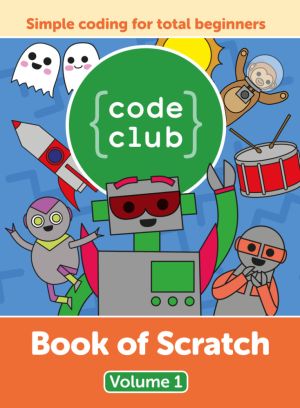
The first ever Code Club book is here! With it, you'll learn how to code using Scratch, the block-based programming language. In each chapter you'll find instructions to build cool games, animations, and interactive stories. Your friendly robot guide will aid you step-by-step through each project and give you handy tips along the way.
...

You are reading a book about the Raku programming language. This language has appeared as a rename of Perl 6 in October 2019.
Like its parent, Perl 5, the Raku language keeps the spirit of being a powerful tool in many areas, from devops programs for configuration management through different command-line applications to concurrent web servers.
...

Julia is a high-level, dynamic programming language. Its features are well suited for numerical analysis and computational science.
Julia works with other languages (C, Python, R, Rust, C++, SQL, JavaScript, ...)
The Purpose of this open book is to introduce programmers to the Julia programming by example. This is a simplified exposition of the l...
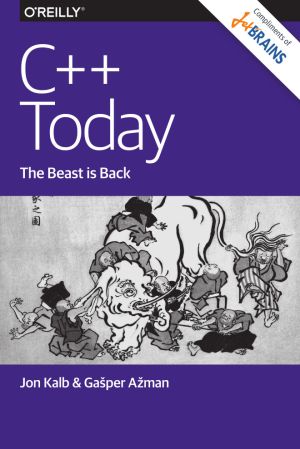
Now that software development is shifting primarily toward mobile and cloud computing, the venerable C++ programming language is returning to the dominant position it held during the object-oriented boom of the 1990s. In this O'Reilly report, you'll learn why C++ is once again the preferred choice across several diverse industries, after ...
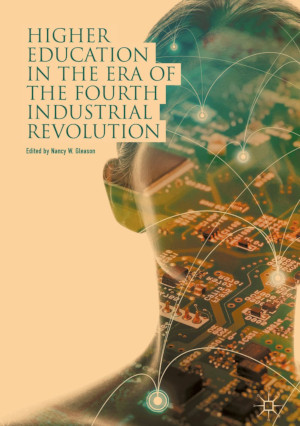
This collection examines how higher education responds to the demands of the automation economy and the fourth industrial revolution. Considering significant trends in how people are learning, coupled with the ways in which different higher education institutions and education stakeholders are implementing adaptations, it looks at new programs ...

This book outlines the challenges of supporting the health and wellbeing of older adults around the world and offers examples of solutions designed by stakeholders, healthcare providers, and public, private and nonprofit organizations in the United States. The solutions presented address challenges including: providing person-centered long-term car...
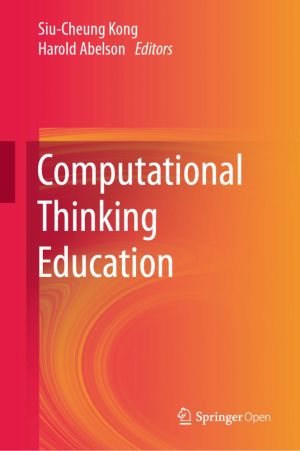
This book offers a comprehensive guide, covering every important aspect of computational thinking education. It provides an in-depth discussion of computational thinking, including the notion of perceiving computational thinking practices as ways of mapping models from the abstraction of data and process structures to natural phenomena. Further, it...

Romania is an active player in various international higher education areas, while undergoing a series of higher education reforms within its national framework. The Higher Education Evidence Based Policy Making: a necessary premise for progress in Romania project was implemented by the Executive Agency for Higher Education, Research, Development ...

Higher education in Europe and beyond faces a series of major challenges. The economic crisis has accelerated expectations of an increased role in addressing economic and societal challenges while, at the same time, putting pressure on available finances. Broader trends such as shifting student demographics and expectations, globalisation and mobil...

Across the country, our children are beginning life from very different starting points. Some have aspirations and believe they can be achieved. For too many others, aspirations are tempered, if not dashed, by the sobering realities of everyday life. These different starting points place children on distinctly different trajectories of growth and d...
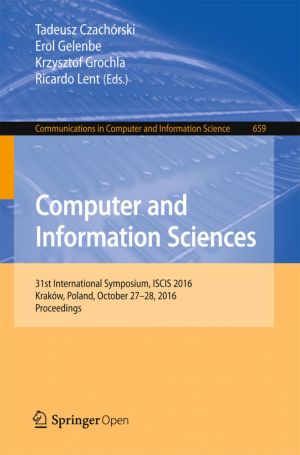
This book constitutes the refereed proceedings of the 31st International Symposium on Computer and Information Sciences, ISCIS 2016, held in Krakow, Poland, in October 2016.
The 29 revised full papers presented were carefully reviewed and selected from 65 submissions. The papers are organized in topical sections on smart algorithms; data classific...
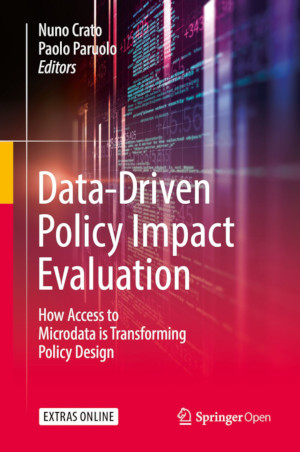
In the light of better and more detailed administrative databases, this book provides statistical tools for evaluating the effects of public policies advocated by governments and public institutions. Experts from academia, national statistics offices and various research centers present modern econometric methods for an efficient data-driven policy...

The result of a workshop bringing together an international advisory board of experts in science, satellite technologies, industry innovations, and public policy, this book addresses the current and future roles of satellite Earth observations in solving large-scale environmental problems. The book showcases the results of engaging distinct communi...

This book is open access under a Creative Commons license.This authoritative book presents the ever progressing state of the art in evaluating climate change strategies and action. It builds upon a selection of relevant and practical papers and presentations given at the 2nd International Conference on Evaluating Climate Change and Development held...
